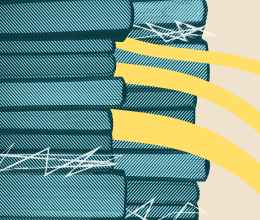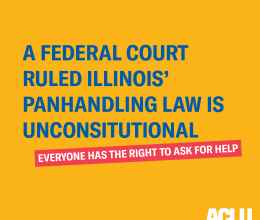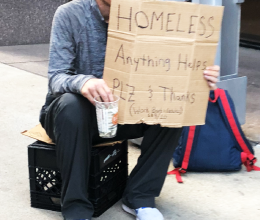
Today, the Supreme Court of the United States denied a request by Cook County State’s Attorney to review a May 2012 decision by the U.S. Court of Appeals for the Seventh Circuit regarding Illinois’ eavesdropping law. The appellate court ruled for the American Civil Liberties Union of Illinois in the case and the federal district court has entered a preliminary injunction, blocking the Cook County State’s Attorney from prosecuting ACLU staff for audio recording police officers performing their public duties in a public place and speaking loudly enough to be heard by a passerby. The recordings take place as part of the ACLU’s long time practice of monitoring police practices on the streets of Chicago. The information gathered by the ACLU of Illinois would be used as part of its advocacy for changes in police practices in the City. The Illinois eavesdropping law has been the subject of much debate of late. Two state court judges have ruled that the application of the law to prosecute individuals for recording police in a public place is unconstitutional. And, a Cook County jury last year acquitted a young woman charged with the offense. The following can be attributed to Harvey Grossman, Legal Director of the ACLU of Illinois:
We are pleased that the Supreme Court has refused to take this appeal. Now, we can focus on the on-going proceedings in the federal district court. We now hope to obtain a permanent injunction in this case, so that the ACLU’s program of monitoring police activity in public can move forward in the future without any threat of prosecution. The ACLU of Illinois continues to believe that in order to make the rights of free expression and petition effective, individuals and organizations must be able to freely gather and record information about the conduct of government and their agents – especially the police. The advent and widespread accessibility of new technologies make the recording and dissemination of pictures and sound inexpensive, efficient and easy to accomplish.
While a final ruling in this case will only address the work of the ACLU of Illinois to monitor police activity, we believe that it will have a ripple effect throughout the entire state. We are hopeful that we are moving closer to a day when no one in Illinois will risk prosecution when they audio record public officials performing their duties. Empowering individuals and organizations in this fashion will ensure additional transparency and oversight of public officials across the State.



